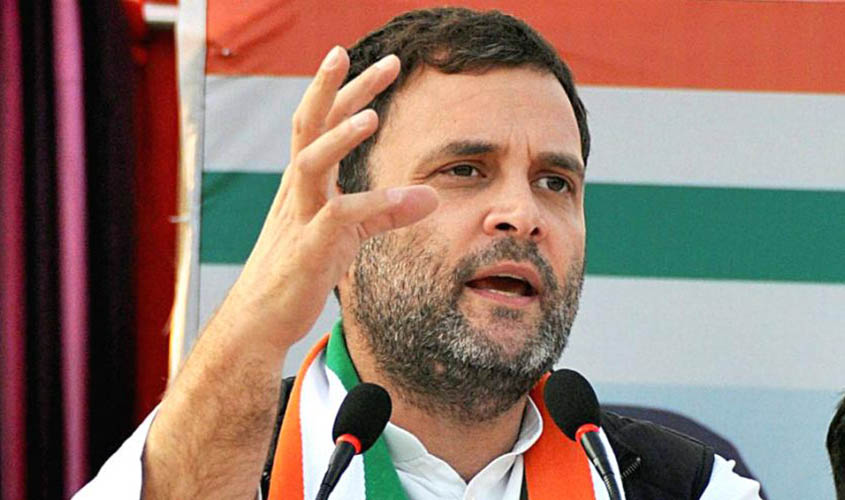The new Congress president must not remain tethered to past ways and beliefs.
This columnist was fortunate enough to have played an admittedly tiny role in Rajiv Gandhi’s initiation into politics, occasionally operating alongside the self-effacing Vijay Dhar at 1 Akbar Road, who was an effective sounding board and implementer of Rajiv’s futuristic vision, expressed among other ways through Rajiv’s harnessing of Chicagoan Satyen Pitroda to begin the telecom revolution in India. C-DAC, C-DOT, instant long-distance telephony and other innovations flowed from Satyen’s mind and got speedily translated into reality by Prime Minister Rajiv Gandhi, after whose time in office, both Pitroda as well as his plans and projects got jettisoned, to the detriment of national interest. Among other such harmful decisions that V.P. Singh took as Prime Minister was to mothball for an indefinite period all Airbus A-320 Indian Airlines aircraft because of the crash in Bangalore of such an aircraft in 1990. The cause was pilot error. However, in order to tar Rajiv Gandhi, Singh ordered Civil Aviation Minister Arif M. Khan to ground the entire (and new) A-320 fleet, among the first of several decisions that across two decades led to the present state of Air India. In 1986, listening to advisors who ought to have known better, Prime Minister Rajiv Gandhi launched a new era of competitive communalism in India by passing the Muslim Women’s Bill. In a show of moral courage rare in politics, Arif M. Khan resigned his ministership in protest at the government pandering to the extremist fringe within the overwhelmingly moderate Muslim community in India. The bill deprived Muslim women of the rights that their sisters from other faiths had. Not that this was a surprise. For by the close of 1983, Rajiv Gandhi had convinced himself to go slow on comprehensive reform and rely instead on the usual policy and political matrix. Vijay Dhar got replaced as Rajiv’s top aide by Arun Nehru, whose knowledge of paints was as profound as his understanding of politics was shaky. Sadly for his legacy, nearly a year before he became Prime Minister, Rajiv Gandhi entered the comfortable bubble of traditional machine politics and policy, in the process creating during his five-year term in office a disillusionment so widespread among voters that even a shaky coalition led by the flaky V.P. Singh trounced his party in 1989.
Elections in India are not won, but lost, and Narendra Modi’s 2016 demonetisation of the rupee has opened the way for the probable replacement of the NDA with an Opposition coalition in 2019 that will include the former ruling party. Should Congress president (CP) Rahul Gandhi learn from the errors made by both his parents, the presence of his party and he himself in such a government may ensure for it a five-year term
Both the entry of women of all ages into Sabarimala as well as the abolition of triple talaq (or indeed any form of divorce that is one-sided) should be supported by the Rahul-led Congress, rather than opposed. Rahul should demand legislation to outlaw criminal defamation and to better protect freedom of speech. A sharp lowering of direct tax rates, as well as a single-slab GST of preferably 12% or 15% maximum, should be his priority, with low-income consumer goods exempted. The declaring through legislation as terrorists those who kill in the name of diet, dress or lifestyle is what is expected of a New Congress that has learnt not to repeat past errors. Not to mention seeking to salve the wounded psyches of hundreds of millions through calling for the Ram Janmabhumi, the Krishna Janmasthan and the Gyan Vapi restoration. This trio of restorations would keep moderate the multitudes who would otherwise join the fringe and convert that toxic force into the mainstream. Is this too big an ask of Rahul Gandhi? The still unknown individual waiting within the BJP to get sworn in as PM well before 2024 on the debris of a fresh electoral debacle of an unreconstructed Congress and equally tethered-to-the-past allies will be wishing so.

